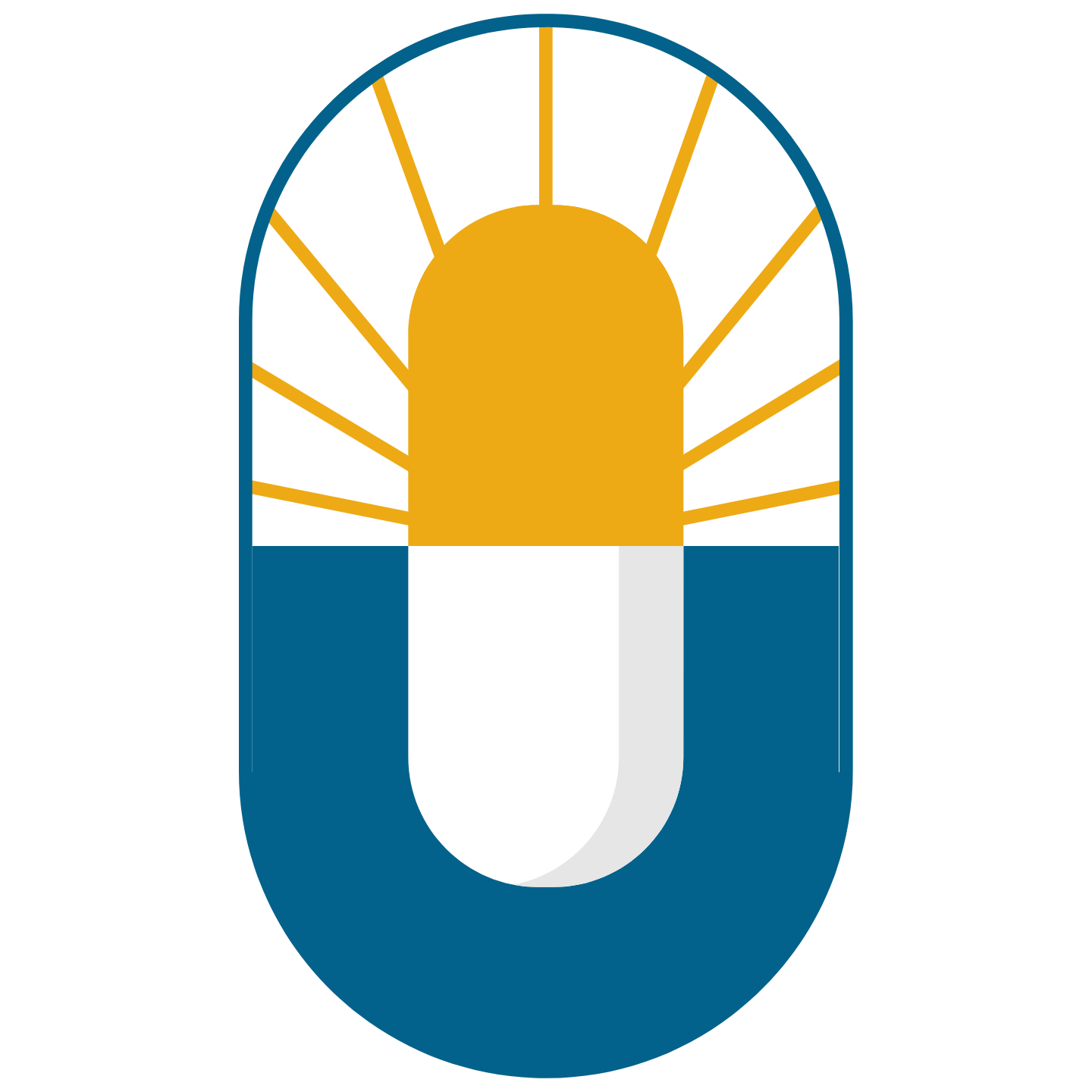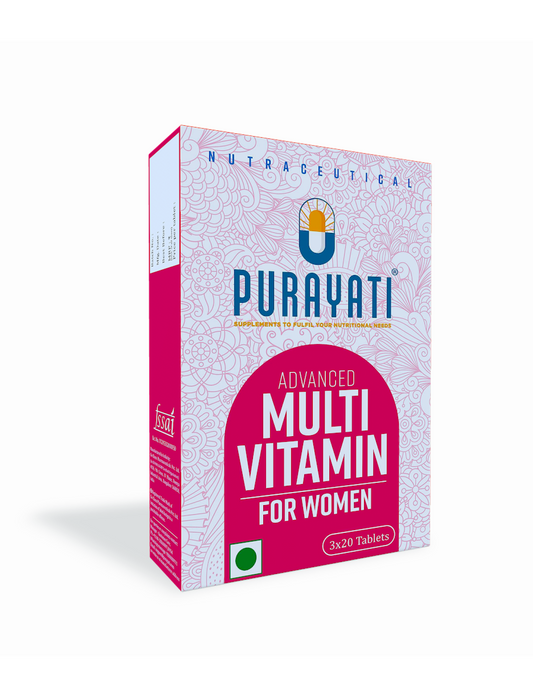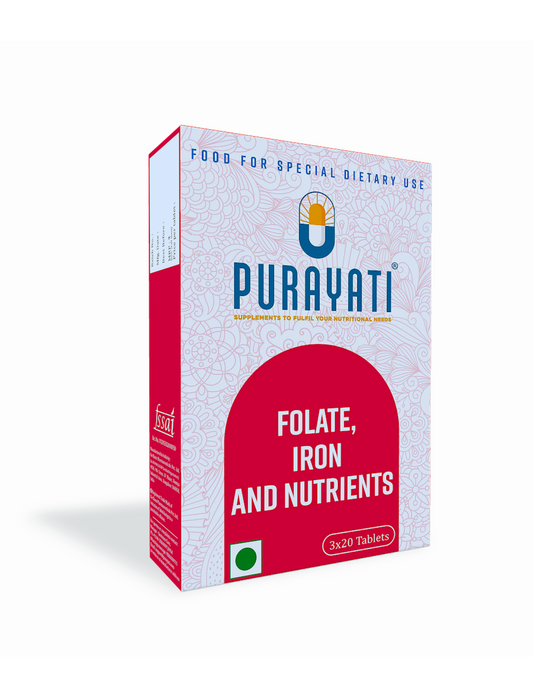Improper or deteriorating vision will ruin every aspect of your life. Everyday chores can become a nightmare.
Vitamin A, often hailed as the "vision vitamin," is much more than just a good eye-care buddy. This powerhouse nutrient plays a vital role in various bodily functions, making it a true superhero for overall health.
Shining a Light on Vitamin A:
There are two main forms of Vitamin A:
Retinol: Found in animal sources like liver, eggs, and dairy.
Beta-carotene: A provitamin A found in colorful fruits and vegetables, converted to retinol by the body.
The Superpowers of Vitamin A:
Visionary: Vitamin A is essential for forming rhodopsin, a pigment in the retina responsible for night vision and dim light perception. Deficiency can lead to night blindness and even permanent vision loss.
Immune System Booster: Vitamin A strengthens the immune system, helping fight off infections and illnesses. Deficiency can increase susceptibility to infections.
Cellular Champion: Vitamin A plays a crucial role in cell growth and differentiation, promoting healthy tissue development and repair. It's also involved in fetal development and cell signaling.
Skin Savior: Vitamin A has antioxidant properties that protect skin cells from damage, promoting healthy skin and potentially reducing the risk of certain skin cancers.
Reproductive Regulator: Vitamin A is important for both male and female reproductive health, involved in sperm production and early embryo development.
Fueling Your Body with Vitamin A:
Animal Sources: Liver, eggs, fatty fish, and whole milk are excellent sources of preformed Vitamin A.
Colorful Fruits and Vegetables:
Sweet potatoes, carrots, mangoes, pumpkins, spinach, kale, and broccoli are rich in beta-carotene, which your body converts to Vitamin A.
Fortified Foods: Some cereals, milk alternatives, and margarine are fortified with Vitamin A.
How Much Vitamin A Do You Need?
The recommended daily intake (RDI) for Vitamin A varies depending on age and sex. Generally, adults need around 900 mcg (men) and 700 mcg (women) of vitamin A per day. Pregnant and breastfeeding women requires higher amounts.
Vitamin A Deficiency:
While rare in developed countries, Vitamin A deficiency can occur due to inadequate dietary intake, certain health conditions, or alcoholism. Symptoms can include night blindness, dry eyes, skin problems, and increased risk of infections.
Safety First:
Vitamin A is fat-soluble, meaning it can be stored in the body. High doses from supplements can be toxic, so it's crucial to stick to recommended amounts and avoid excessive supplementation without consulting a healthcare professional.
Embrace the Vitamin A Advantage!
By incorporating diverse sources of Vitamin A into your diet, you're not just boosting your vision, but also investing in your overall health and well-being. So, embrace the power of this superhero nutrient and shine brightly from the inside out!
Bonus Tips:
- Cook your vegetables lightly to preserve Vitamin A content.
- Pair your vegetables with healthy fats like olive oil or avocado to enhance beta-carotene absorption.
- Choose a variety of colorful fruits and vegetables for a well-rounded Vitamin A intake.
- Consult your doctor if you have any concerns about vitamin A deficiency or potential interactions with medications.
Remember, a balanced diet rich in fruits, vegetables, and whole foods is the best way to ensure you're getting your daily dose of Vitamin A and other essential nutrients for a healthy and vibrant life!
Featured: Now that you have read so far, kindly take a moment to explore our Purayati’s Eye Vitamin. We produce all of our Health Supplements at our own state-of-the-art facility in India and we ship them upon your purchase.
Note: Purayati publishes one highly informative blog everyday that is well researched and loaded with practical applications for your everyday healthy living. Visit us daily for a fresh & latest reading on essential knowledge aimed at improving your lifestyle and well-being.



